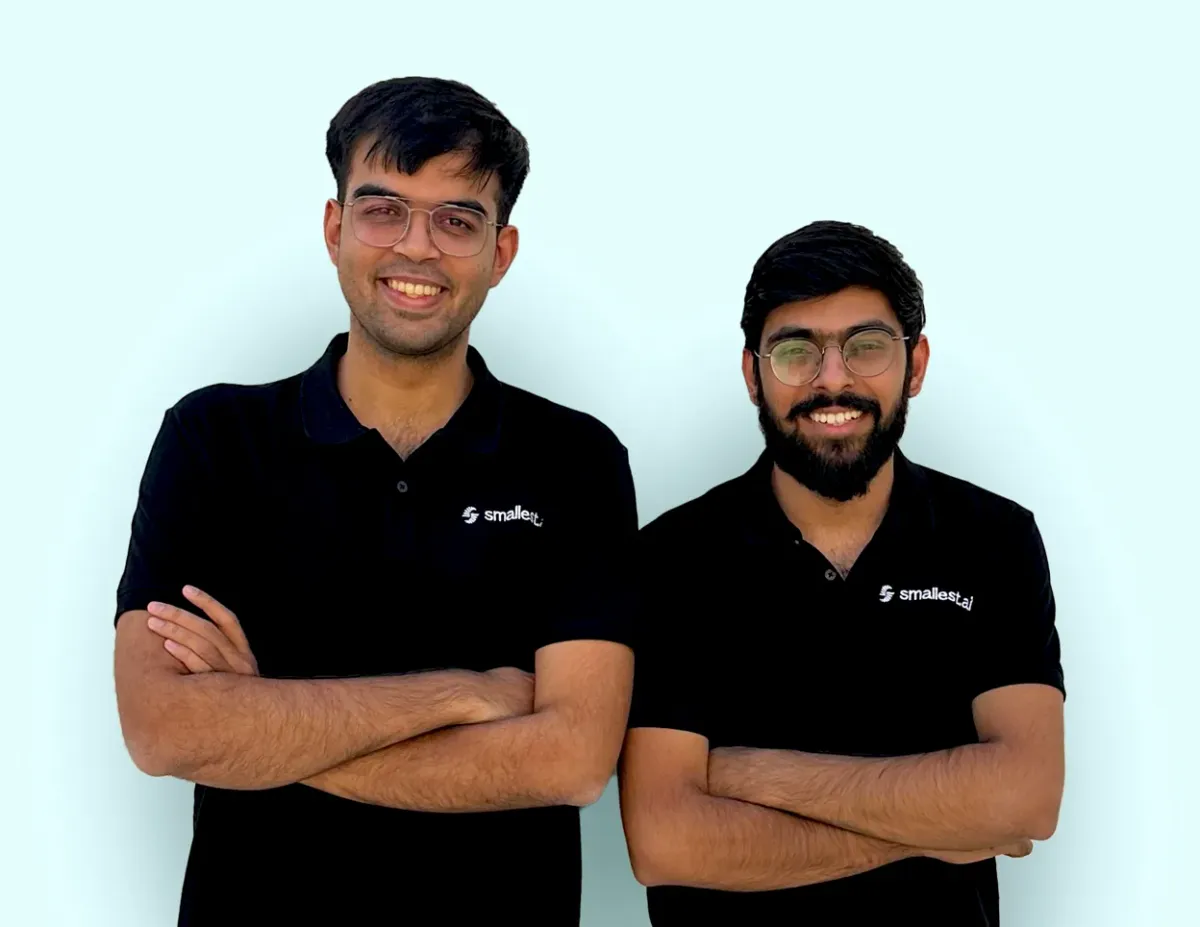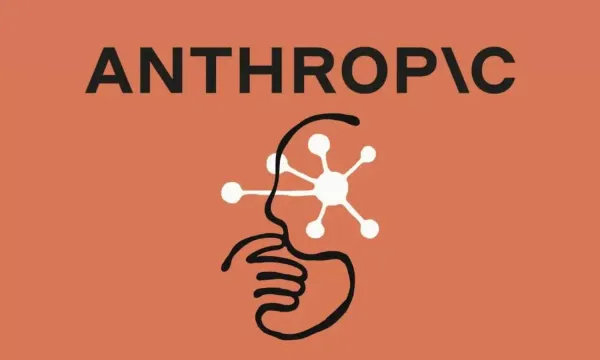Smallest.ai Raises $8 Mn to Build the Future of Enterprise Voice AI
The company plans to adopt a research-first approach, focusing on solving fundamental challenges in voice interaction through first principles and deep scientific inquiry.

Bengaluru-based startup Smallest.ai has raised $8 million in an oversubscribed seed round led by SIERRA Ventures, with participation from 3one4 Capital, Better Capital, Upsparks Capital, Schema Ventures, Tiny VC, DeVC, peercheque, and several angel investors including Shyamal Hitesh Anadkat, Mission Street Capital, Boris Wertz, Raveen Sastry, and Michele A.
Founded in 2024 by CEO Sudarshan Kamath and CTO Akshat Mandloi, both former engineers at Robert Bosch GmbH, Smallest.ai is building advanced speech models for contact centers to automate customer interactions.
Announcing the fundraise on LinkedIn, Sudarshan Kamath, founder of Smallest.ai, said the company aims to “build the future of Enterprise Voice AI” and develop intelligent voice agents capable of passing the Turing Test in the coming years.
“We are transforming voice AI from the ground up… doing things no one in the world is even thinking about,” Kamath wrote.
The company plans to adopt a research-first approach, focusing on solving fundamental challenges in voice interaction through first principles and deep scientific inquiry.
Kamath emphasised that the goal is to push the frontiers of human-computer conversation and create AI agents that can understand nuance, tone, and emotion more naturally.
With the fresh capital, Smallest.ai is expected to scale its research team and accelerate development of next-generation enterprise-grade voice AI solutions that could redefine how businesses interact with customers.
Its flagship algorithm, Lightning, is claimed to be the fastest text-to-speech model globally—producing 10 seconds of speech in just 100 milliseconds, about 50 times faster than rivals.
Unlike traditional auto-regressive systems, Lightning generates multiple tokens simultaneously, boosting efficiency while using under 1GB of VRAM.
The company recently unveiled Electron v2, a 4-billion-parameter voice model with 53.25 ms latency, enabling ultra-fast, lifelike responses and customizable voice cloning.




